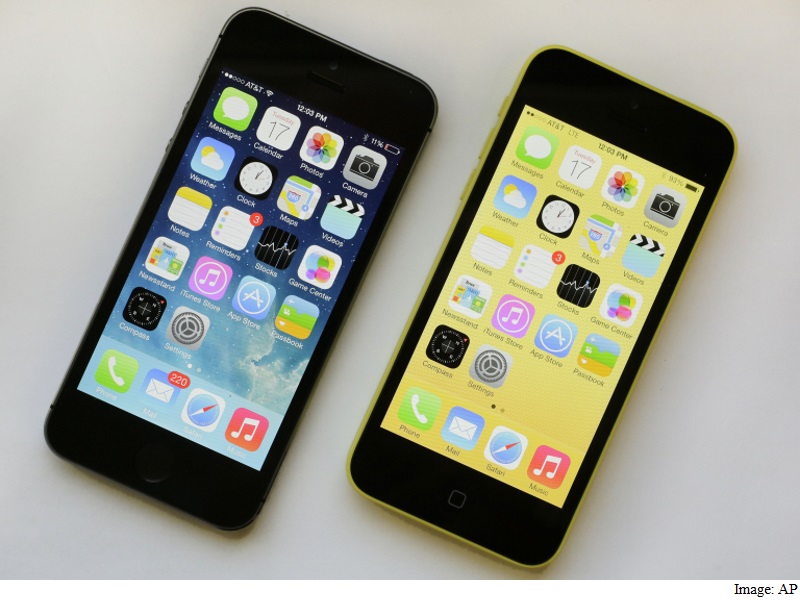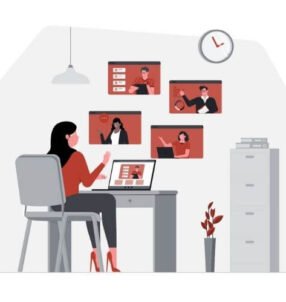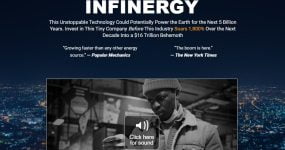
Ted Olson didn’t say exactly what he wants Congress to do about US efforts to enlist Apple in cracking criminals’ encrypted iPhones, but he made one thing clear: Apple doesn’t work for the government.
“There isn’t a middle ground that I know of” to force Apple to “redesign its iPhone,” Olson, a lawyer for the company, told Bloomberg Television’s Emily Chang in an interview Wednesday morning. “The Constitution does not allow the government to conscript private companies to invent products or to change the products that they have invented.”
(Also see: Apple Resisting Magistrate Order to Share iPhone Information)
His remarks followed a decision this week by a judge in Brooklyn, New York, denying a government request to search a drug dealer’s iPhone. That ruling contrasted sharply with a California judge’s order last month demanding the company unlock a phone used by one of the shooters in last year’s San Bernardino terrorist attack.
(Also see: Husband of San Bernardino Attack Victim Takes Apple’s Side in FBI Spat)
Olson said that Congress should act to clarify a technology company’s responsibilities to law enforcement in such circumstances, and that piecemeal decisions by the courts will only lead to a muddle. He challenged a proposal by US Attorney General Loretta Lynch that the judiciary weigh each case one at a time, warning that “you might have one court going one way and another court going another way,” but didn’t specify what legislation he had in mind for a broader resolution of the matter.
“Do we let one company decide this issue for all of us?” Lynch had told Chang on Tuesday at the RSA cyber-security conference in San Francisco. “Do we want one company to say this is how investigations are going to be conducted and no other way?”
Olson answered that question in Wednesday’s interview: No, not one company, but one legislature.
“Congress needs to consider what technological resources exist, what can be done by the government without conscripting private citizens to change the products that they make,” he said, calling for the body to “do its job” and adding: “Let’s have this debate.”
The fight over law enforcement’s authority over encrypted communications is raging on two fronts, with Lynch delivering her message on Apple’s home turf while FBI director James Comey and Apple’s general counsel, Bruce Sewell, offered opposing views on encryption during a congressional hearing in Washington.
Asked more specifically what he wanted from legislators, Olson told a reporter after the interview, “It isn’t just Apple. It’s any kind of technological company.” For instance, he said, the government might require car makers to modify their software.
“It’s a zillion types of products. This thing has to be debated.”
But he rejected any solution that requires Apple to “go to work for the government” and warned the company will “draw a line” if the US government tries to force it “to create a product that it doesn’t want to create, and in fact a product that subverts the product that it has been creating and successfully putting in the hands of tens of millions, hundreds of millions, of people that trust the device to protect their security.”
And he bristled at remarks Lynch made that Apple shouldn’t be arguing civil liberty infringements because it isn’t being accused of doing anything wrong.
“Apple has First Amendment rights to protect its products,” Olson said. “We’re talking about the rights of Apple to make sure its iPhone has the integrity that it carefully built into it. Everyone has civil rights in this country, not just those accused of crime.”
[“Source-Gadgets”]
| M | T | W | T | F | S | S |
|---|---|---|---|---|---|---|
| 1 | 2 | 3 | 4 | 5 | 6 | |
| 7 | 8 | 9 | 10 | 11 | 12 | 13 |
| 14 | 15 | 16 | 17 | 18 | 19 | 20 |
| 21 | 22 | 23 | 24 | 25 | 26 | 27 |
| 28 | 29 | 30 | 31 | |||



























